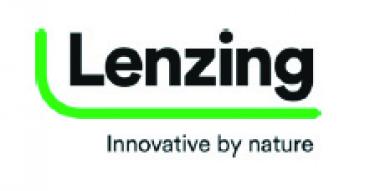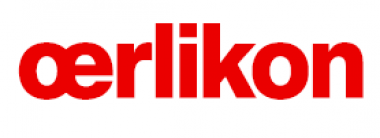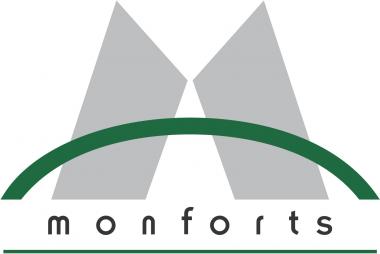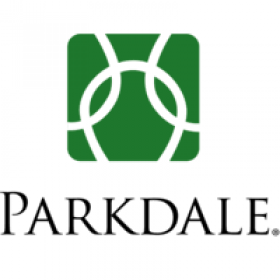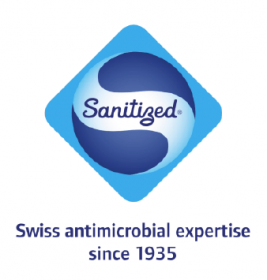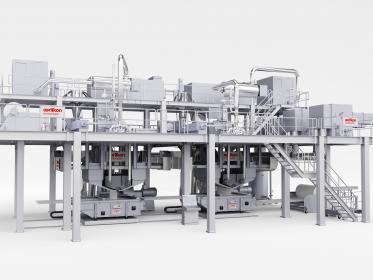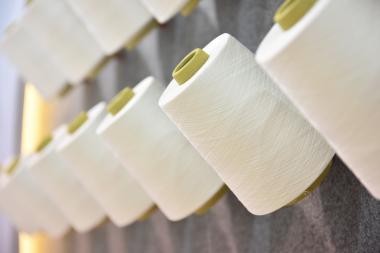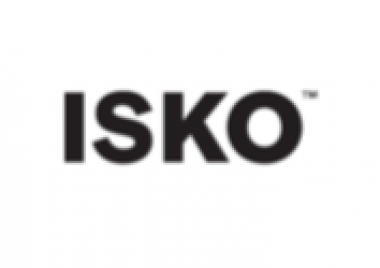Using chemistry to fight Covid-19: CHT Group expands product portfolio
In mid-March, CHT Germany GmbH, which specializes in specialty chemicals, took up production and distribution of hand disinfectant. Now the company is expanding its product portfolio by adding important medical supplies that can help fight Covid-19 (SARS-CoV-2). Starting immediately, CHT is providing its business customers with surface disinfectant, textile supplies for medical protective wear as well as supplies for test kits and face masks.
Following increased demand for disinfectant in the wake of the new coronavirus, the CHT Group began already a month and a half ago to produce hand disinfectant at its factory in Dußlingen. Since then, more of its factories around the world had joined in. Now the CHT Group is complementing this offering by producing its own surface disinfectant based on ethanol. As with the hand disinfectant, the production of the surface disinfectant received a special approval, based on the expanded general ruling by the German Federal Agency for Chemicals (BAuA). Both types of disinfectant use publicly available standard formulas for alcohol-based disinfectant from the World Health Organization (WHO). The sale of CHT’s surface disinfectant, which is available in 5-, 10- and 30-liter canisters, is exclusively for use by industry customers.
In addition, the CHT Group is manufacturing a range of textile-relevant products that provide protection from Covid-19. These include functional supplies for face masks for medical protective wear, as well as flocking for test kits. Through these offerings, the CHT Group also wants to support the textile sector, which has been strongly affected by the crisis.
CHT Gruppe




